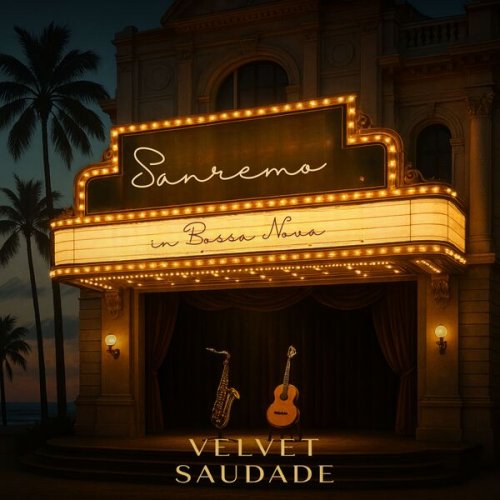Jakub Jakowicz, Paavali Jumppanen, Lutosławski Quartet - Chausson: Concert for Piano, Violin & String Quartet in D Major, Op. 21 & Poème, Op. 25 (Version for Violin, Piano & String Quartet) (2025) [Hi-Res]
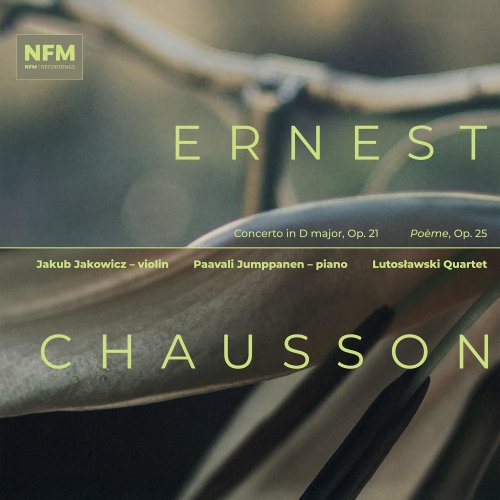
Artist: Jakub Jakowicz, Paavali Jumppanen, Lutosławski Quartet
Title: Chausson: Concert for Piano, Violin & String Quartet in D Major, Op. 21 & Poème, Op. 25 (Version for Violin, Piano & String Quartet)
Year Of Release: 2025
Label: CD Accord
Genre: Classical
Quality: flac lossless (tracks) / flac 24bits - 96.0kHz +Booklet
Total Time: 00:56:51
Total Size: 272 mb / 1.02 gb
WebSite: Album Preview
TracklistTitle: Chausson: Concert for Piano, Violin & String Quartet in D Major, Op. 21 & Poème, Op. 25 (Version for Violin, Piano & String Quartet)
Year Of Release: 2025
Label: CD Accord
Genre: Classical
Quality: flac lossless (tracks) / flac 24bits - 96.0kHz +Booklet
Total Time: 00:56:51
Total Size: 272 mb / 1.02 gb
WebSite: Album Preview
01. Concert for Piano, Violin & String Quartet in D Major, Op. 21: I. Décidé
02. Concert for Piano, Violin & String Quartet in D Major, Op. 21: II. Sicilienne
03. Concert for Piano, Violin & String Quartet in D Major, Op. 21: III. Grave
04. Concert for Piano, Violin & String Quartet in D Major, Op. 21: IV. Très animé
05. Poème, Op. 25 (Version for Violin, Piano & String Quartet)
When Ernest Chausson was born, it was still in the Berlioz era, his future teacher, César Franck, was 33; Jules Massenet, also his professor, was 13; and Gabriel Fauré, who would eventually become ‘the greatest musical authority in France at the time’, was only 10. Claude Debussy was not yet born. Interestingly, by a fatal twist of fate – a bicycle accident during a vacation – Chausson’s earthly path ended almost at the very end of the 19th century, although his late work already indicated the future horizon of music.
Nota bene, the so-called musical Impressionism, broke out in France in 1894, with the first performance of Debussy’s Prélude à l'Après-midi d'un faune. Yet it is hard to avoid the thought that Ernest Chausson occupies a special position in the galaxy of French composers of the second half of the 19th century. And it is not only about – otherwise a catchy slogan – ‘him being the link between Franck with Debussy’. If there had been no Chausson, then European music, and not only French music, would have been lacking a seasoned lyricist, a composer gifted with extraordinary melodic inventiveness, susceptible to poetic moods and sensitive to the nuances of text. Even in the sphere of purely instrumental works, Chausson appears to be a sensitive person, one that is hard to find; a creator who is tender and delicate to the extreme. - Marcin Majchrowski (transl. Anna Marks)
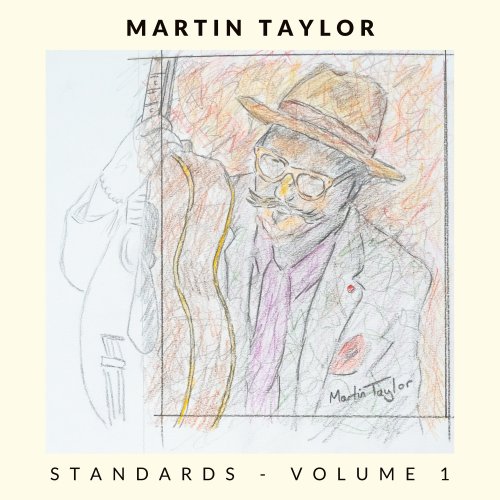
![Julian Lage - Scenes From Above (Japanese Edition Bonus Track) (2026) [SHM-CD] Julian Lage - Scenes From Above (Japanese Edition Bonus Track) (2026) [SHM-CD]](https://www.dibpic.com/uploads/posts/2026-02/1772029332_front.jpg)
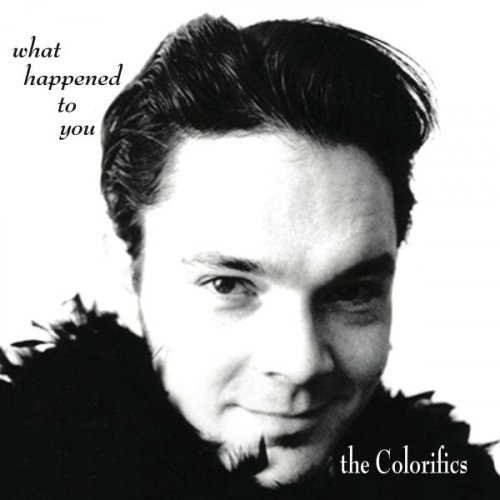

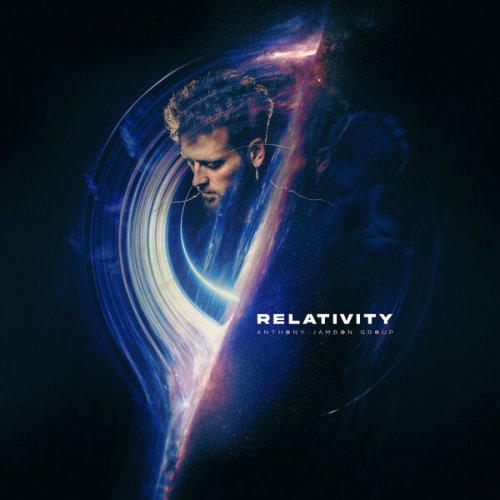
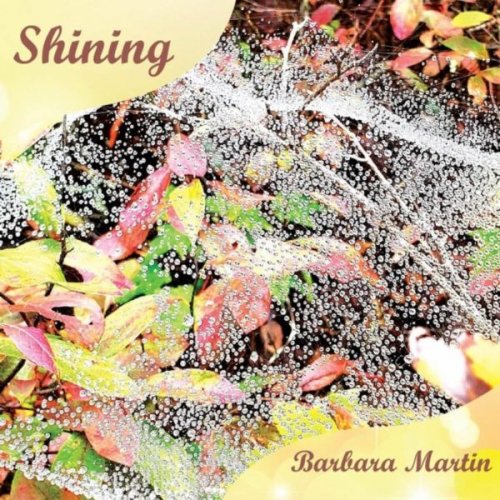
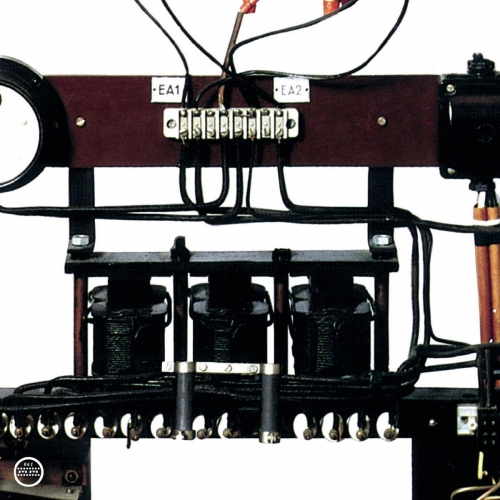
![Larry Coryell - Major Jazz Minor Blues (1998) [CDRip] Larry Coryell - Major Jazz Minor Blues (1998) [CDRip]](https://www.dibpic.com/uploads/posts/2026-02/1771860317_5.jpg)
